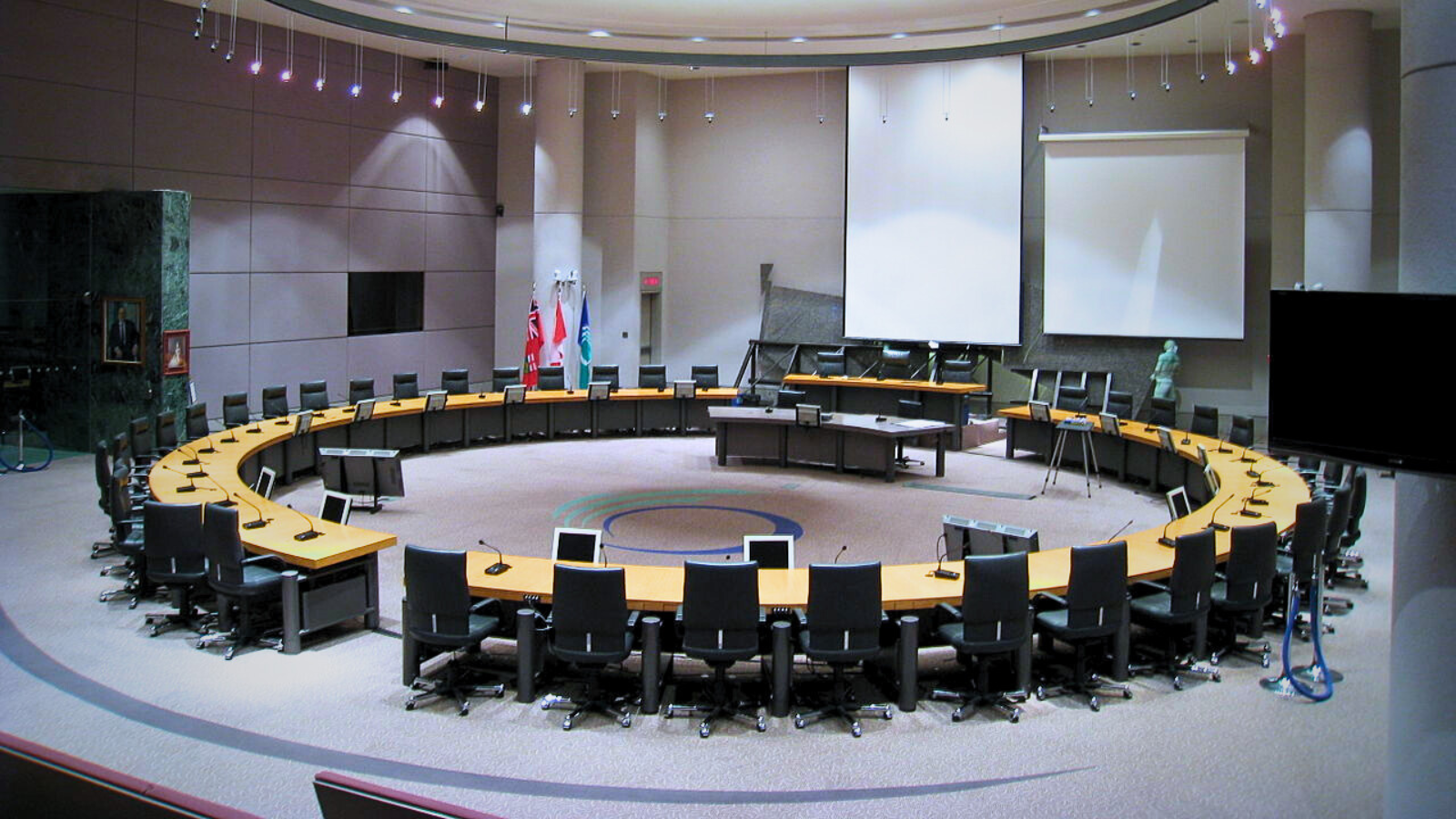A busy week at Council
This week, City Council had a busy agenda, discussing a number of important items including a new Development Charge by-law, a motion that I advanced that would see changes to the VUT for certain rural properties, and the passing of former Councillor Diane Deans.
New Development Charge By-law
On Wednesday, City Council voted to approve a new Development Charge By-law. I voted in favour of the change but did so reluctantly.
By way of background, provincial law mandates that our development charge by-law be updated every 5 years. The City’s by-law was set to expire next week on May 22nd. Provincial law mandates that an update to the by-law must be based on a background study that recalculates the rates.
This context is important; if we had more time to review at Council and propose that any changes in development charges be accompanied by savings found in the City, that would be my preferred outcome. However, this was not an option due to the strict timeline applied by the province for approval of a new by-law.
If the development charge by-law was not approved yesterday at Council, then the City would not be allowed to collect any development charges. This would lead to hundreds of millions of dollars of budget shortfall, including for projects already under way and committed to. New homes would have their roads, sanitary systems, parks, etc. suddenly paid for by all property taxpayers rather than by new buyers through development charges. Property taxes would skyrocket just to pay for growth occurring elsewhere.
To put it another way, Council didn’t really have a choice.
This is why I voted, reluctantly, for the new development charge by-law. We are forced by the province to update our by-law, which had the net effect of increasing rates, or else the same costs would get imposed on all current taxpayers. It is not a position I want to be in, to vote for something that I do not agree with, but realistically it was about choosing the least bad option available. This is why 24/25 members of Council (despite wildly different political opinions on the ideal rate for development charges) came together and supported the change.
I would like to have a more comprehensive debate on the DC rate. For what it’s worth, I believe that imposing new costs on first-time homebuyers through DCs is a poor way for the City to raise revenues.
As I mentioned at Council, outside the municipal boundary, homes can be built for approximately $35,000 to $40,000 less than it costs to build it in Ottawa. They can also be built in half the time. The City needs to look at how we’re driving growth in a way that stresses our infrastructure while enlarging the tax base of the municipalities around us.
I would prefer to see the City create more efficiency in development through upzoning, infill housing, and the like. This would keep the property taxes in our City rather than in neighbouring municipalities whose residents drive our roads and use our facilities anyways.
Where we can create tax uplift through greater efficiency, we can better fund growth without increasing prices on new owners, renters, or taxpayers. This is a smarter way to develop and do our part to address the housing crisis. I am looking forward to exploring changes through the new Zoning By-law process that will achieve this goal.
Moreover, we should also do a better job finding savings and efficiencies as a City. After yesterday’s Council meeting, I raised a number of ideas with the Mayor and his office about areas of City spending that should be closely scrutinized so that we can make sure the municipality is delivering value for money with taxpayers’ dollars. I believe the City can and should be far more lean; it is regrettable that yesterday’s vote did not provide an opportunity for that kind of discussion, but I am eager to keep pushing for a more efficient municipal government.
I reluctantly voted for the change to Development Charges, but I would like to see more effort put into limiting DCs and finding better ways to fund our priorities as a City that do not impose unnecessary burdens on residents who are already struggling to make ends meet.
VUT Motion for non-residential properties
Council voted in favour of a motion that I brought forward that asks City staff to propose changes that would remove certain rural properties from having the Vacant Unit Tax applied to them. The changes will remove non-residential structures on farms, hunt camps, and other long-since abandoned non-residential properties from inclusion in the VUT. These properties were never intended to be targeted by the tax, so altering the VUT by-law to better reflect that is just common sense. I am grateful that the vast majority of my colleagues on Council agreed.
I have noted before, I opposed the VUT in its entirety. Right now, most Councillors disagree with my position. While I continue to advocate for killing the tax outright, I will also continue to make improvements where I can to reduce the burden it imposes on residents and stop government overreach.
Reflecting on the passing of Diane Deans
This week, Ottawa City Council approved a motion to rename the Greenboro Community Center in honour of Diane Deans who served her community, the City of Gloucester and the amalgamated City of Ottawa for over 28 years. Diane was an inspiration to many in Ottawa and advocated fiercely for residents across the City.
Diane was a trailblazer and I am proud to have known her and pleased to be able to take this opportunity to honour Diane and her lasting legacy.

